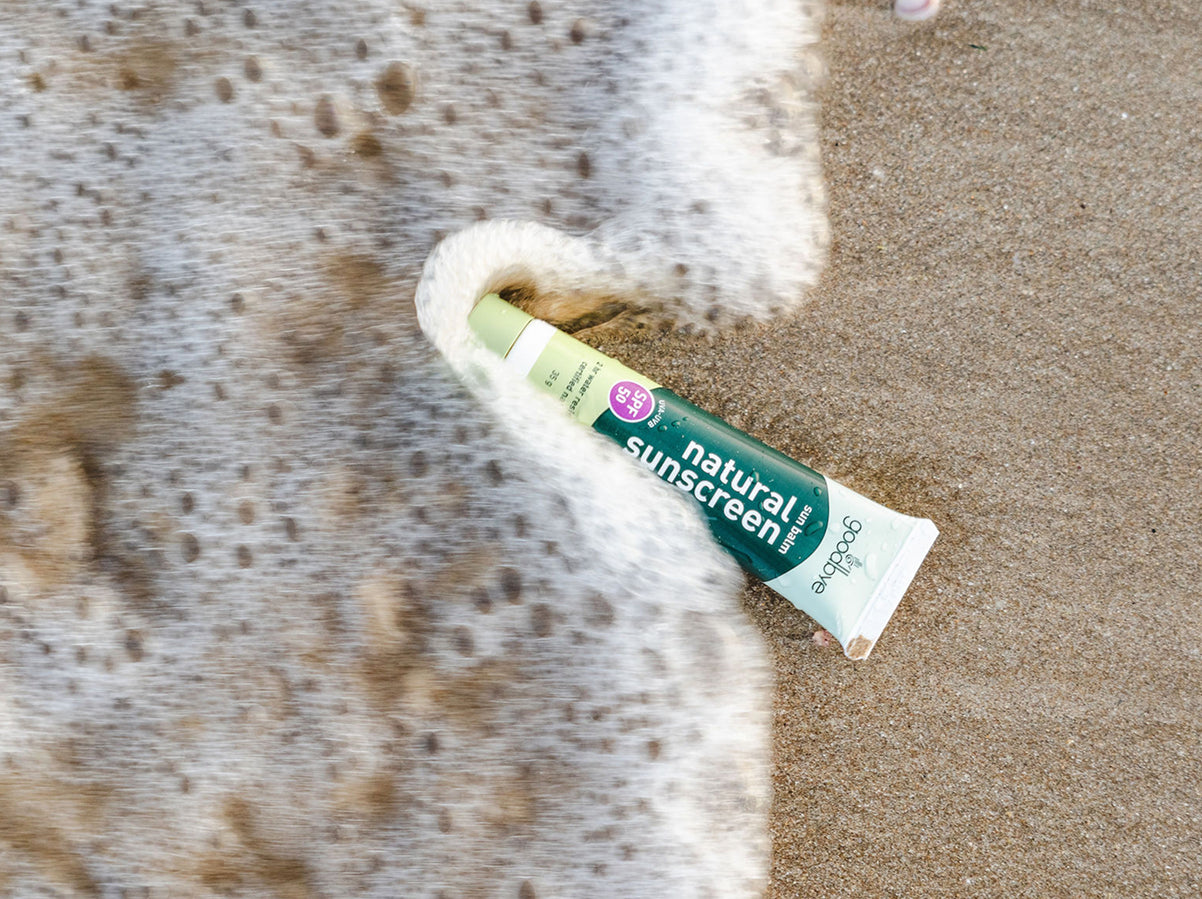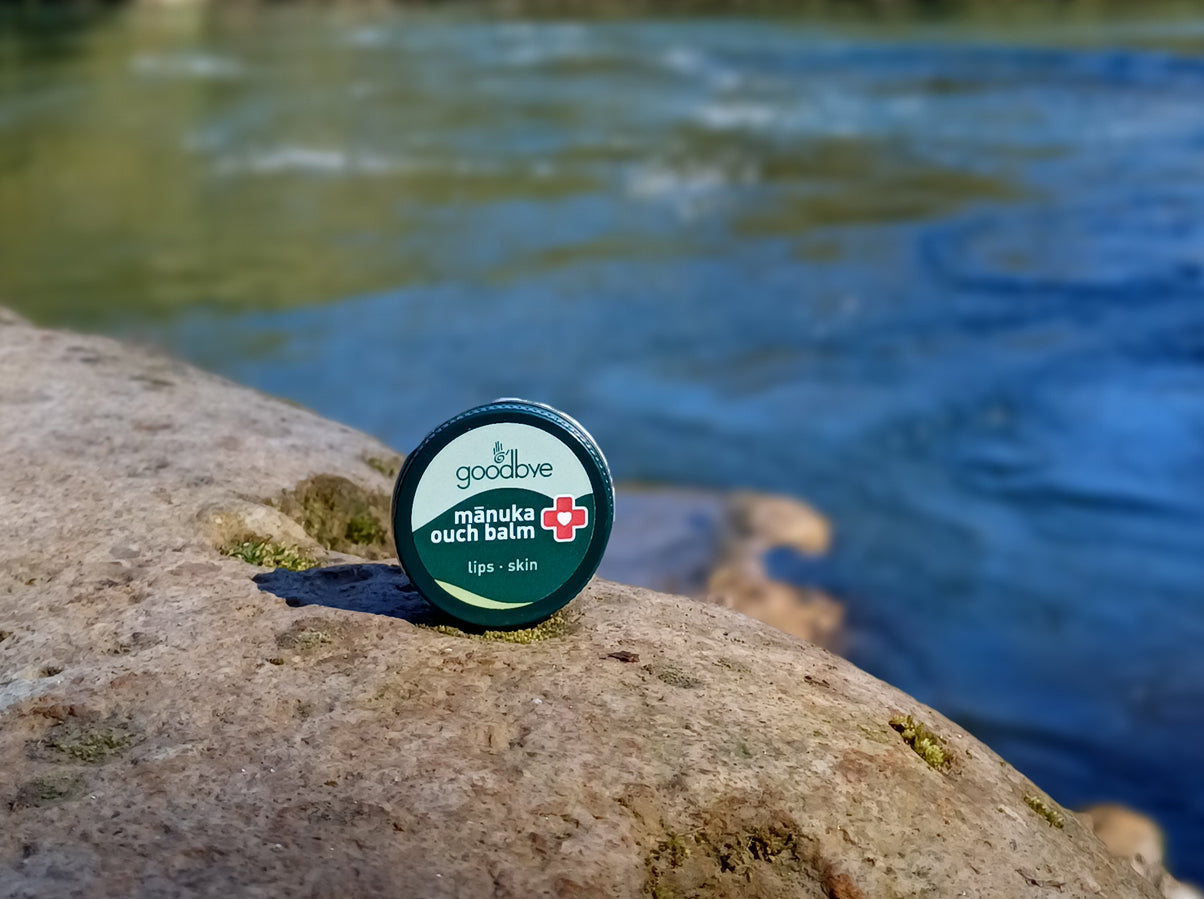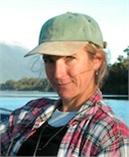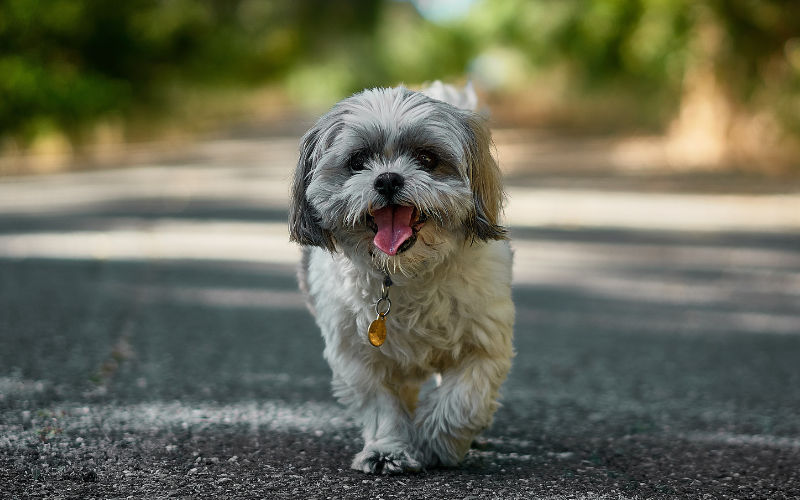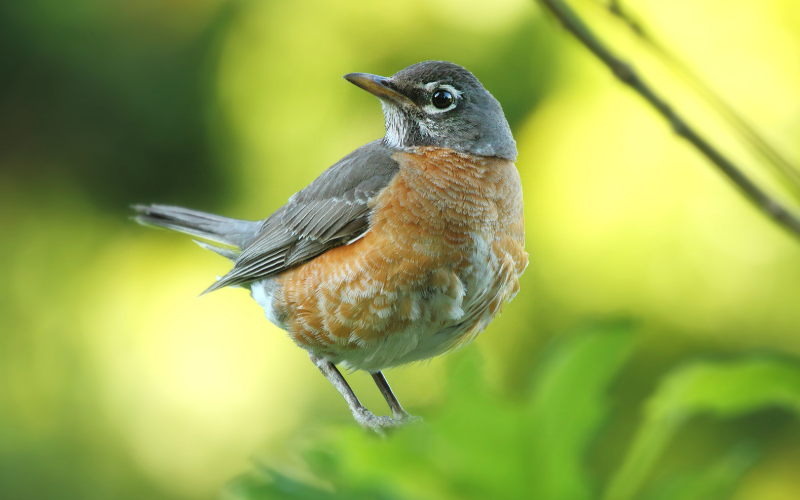Fiordland and the Waterfall
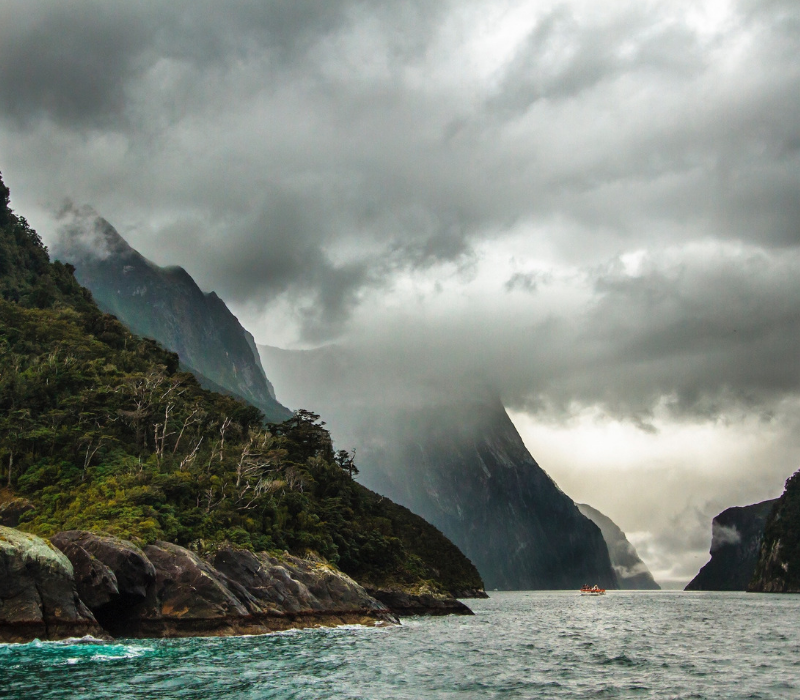
Pause a Little
Six weeks ago I scheduled last week as "feng shui" week, the week that I clear file cabinets, sort clothes, take care of sad house plants, put the garden to bed for winter you know, this list could go on for 50 more items. And I bet yours does too. What I learned was that a week was laughable, I need a month. And so I extended my "feng shui" week to include June, looking after one crazed, overgrown walkway or closet at a time. And smiling when I see that clear walkway or closet or shelf. I am creating space, space for peace, or maybe just easy flow.
This week, my friend Peta takes us to her special getaway in Fiordland. And she takes a great aim at telling us what it's like to get so relaxed and open to the surroundings and the day, that it unfolds before us.
I'd like to have that kind of relaxed. For as focused as I am on yoga or taking walks or watching the sky, I feel totally jealous of the level of wellness that follows being unscheduled in a wild place. There's no replacing this time with scraps of walks and yoga, at the end of the day, unscheduled is unscheduled. Wishing you moments of "unscheduled".
In joy, Becky
Fiordland
by Peta Carey
Pumping water is always one of my mundane, yet favourite times. We have to pump water up from the main rainwater tank to a heading tank on the roof. The pump is just outside the back of the crib, and at night when there are no sandflies it's a perfect time for stargazing. You gaze, you pump. You gaze, you pump. A meditative action on one arm, eyes scanning the sky between Kamahi and Kahikatea for those old favourites: the pot, southern cross, pointers, false cross.
It's usually after a week at our crib enough time to slow down, eat through most of the fresh bread and vegetables and let the mind process all that's gone before that kind of blissful slow down finally kicks in. We think we know it, that slow down, but really, we don't. Our lives, on the other side (and in our case we're talking the main divide i.e. the other side of the Southern Alps), are so rallied around schedules. We have schedules for school, demands on work, the shoulds, exercise, friends, family, or the box of quinces we can't bear see go to waste in the pantry. Every day is a high-pressured timetabling and slotting in of all that we can physically do. Or we give up, and collapse, as I often do, sometime towards the end of the dinner dishes, most often in bed with a book.
So to wake every morning and simply be? How often do we allow ourselves that luxury? How many holidays do we really sit back and say "I don't give a damn what we do today"? Nope, we schedule those too. Frantically trying to make the most of it.
So to stop. To allow the day to evolve organically. Something happens then, something magical. The day actually moves more slowly. Good things happen, serendipitous, or simply delightful. It begins with the dawn, or in our case with our biological clock programmed 6 year old. Or the whinings of one of the dogs, listening to a stag roaring not far away. Sadly, the dawn chorus, in this corner of Fiordland, is quieter, much quieter than it was even 5 years ago. But you can just make it out. Small mercies.
Make the tea, our daily luxury. Sit in bed watching the light fill the sky and lake below. Dogs on the bed now, waiting patiently or not so patiently, for toast crusts. And then the day begins, throw on a swannie, a walk down to the lake, take in the day, the weather, the wind. Listen for stags, note the cloud banked up on the main divide. Rain maybe.
And the evolving. That's the trick. Letting the day present itself. It helps to have a child's spontaneity lead the way, a simple walk along the shore, or through the bush, finding rare native fungi leading to creating a small book of drawings. Time at the beach, later, finding one lone flax plant, creating pinwheels cart-wheeling down sand dunes. Or walking along the riverbank, bush bashing and squelching in bogs, until the forest opens up (well eaten out by our four hoofed friends), pausing to look downriver, picking out the small beauties and exceptional scent of the Easter Orchid, then hearing that inimitable hsh-shhhh of breath, and watching three bottlenose dolphin heading slowly downstream.
It's then that you begin to see. It's then that you actually live, in that cliche of all self-help books, in the moment. No expectations, no time-table, no social demands (except that ever-present one of creating an evening meal, sigh). You sleep as if you are on a sailing boat long, heavy, dreaming. (Then again, it could also have something to do with no broadband interfering with the old grey matter!
Yes, we are privileged, our small family. To have this physical retreat in the midst of a national park, no roads, no phones, no demands is a gift indeed, and makes that slowing down of mind and soul so much easier. We are pulled together, cocooned in nature (often in teeming rain and floodwaters mind you!), and reminded of that essential awareness, of life.
What's to learn from that then? How to recreate that slowing down of life in that other real world? Perhaps it's simply to remember that we know we can. We can pause a little, just every now and then. Take the phone off the hook. Waste time. Go on. Let the expectations of a day go and just see what might happen. Except that as I'm writing this I'm wondering if, really, I can do it out here. Perhaps I need a header tank for the water, ensure there is no electric pump, and no matter how cold the temperature drops after dusk, head out to pump the water and look up at the stars.
From You
It's letters like these that remind me why we do this, and yes, we all need reminders.
"Wow guys, an awesome issue read from top to bottom, my son is studying famous New Zealanders in Social Studies and from a list of 100 was not drawn to any of the usual albeit great New Zealanders (Rugby Players, Film Directors, Musicians etc). This guy Harry Ell which sadly I had never heard of, and which never made the top 100 list given to the kids at school, to me is the greatest of all what would our beautiful country be today if it wasn't for him and his conservation efforts, where would the 100 on the list be if it wasn't for Harry and his work to protect our natural landscape? Possibly living in other countries and not achieving what they did, or not being around as their parents may not have been drawn to NZ in the first place. This article immediately grabbed my attention and when I showed it to my son, he too was inspired and motivated to do his assignment on Harry Ell (pending teacher approval). As a young boy, he has always loved nature and the bush and has spent hours wandering national parks, reserves, and bushlands around New Zealand. Still today we have a magnificent piece of natural bush at the bottom of our garden (pic attached) which he spends hours in, making huts and looking for wild animals (more like bugs unfortunately as we are in a residential area) a great place for him to roam free as an explorer, getting lost in his imagination and belief he is in the wild!
A great article, thanks, Shelley!!!"
ps
"All true artists, whether they know it or not, create from a place of no-mind, from inner stillness."
~Eckhart Tolle


